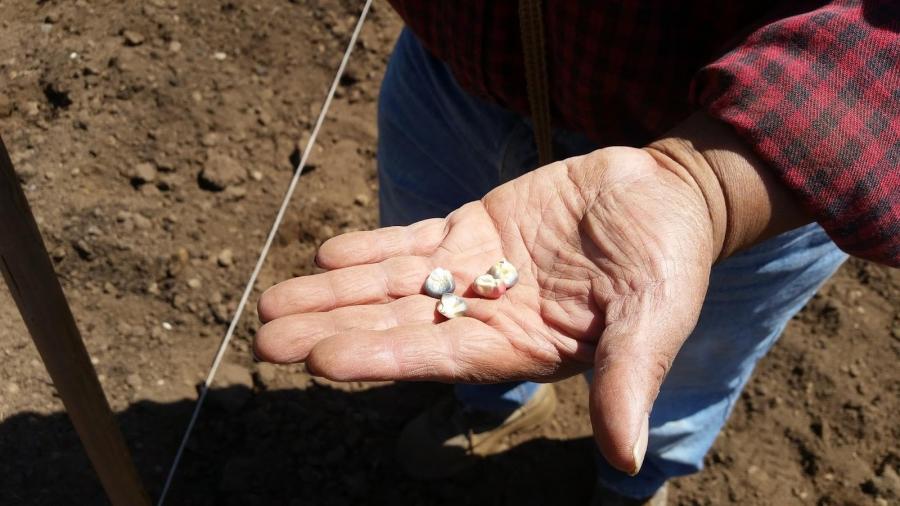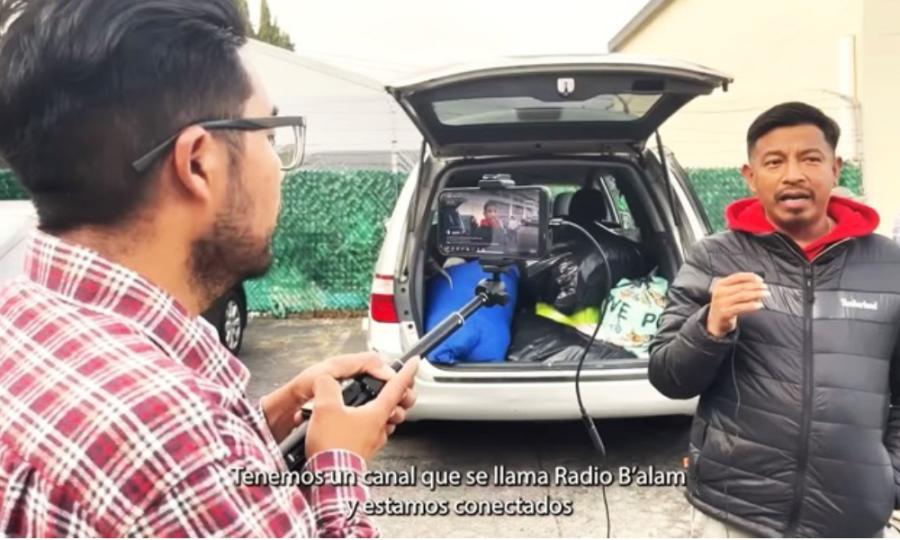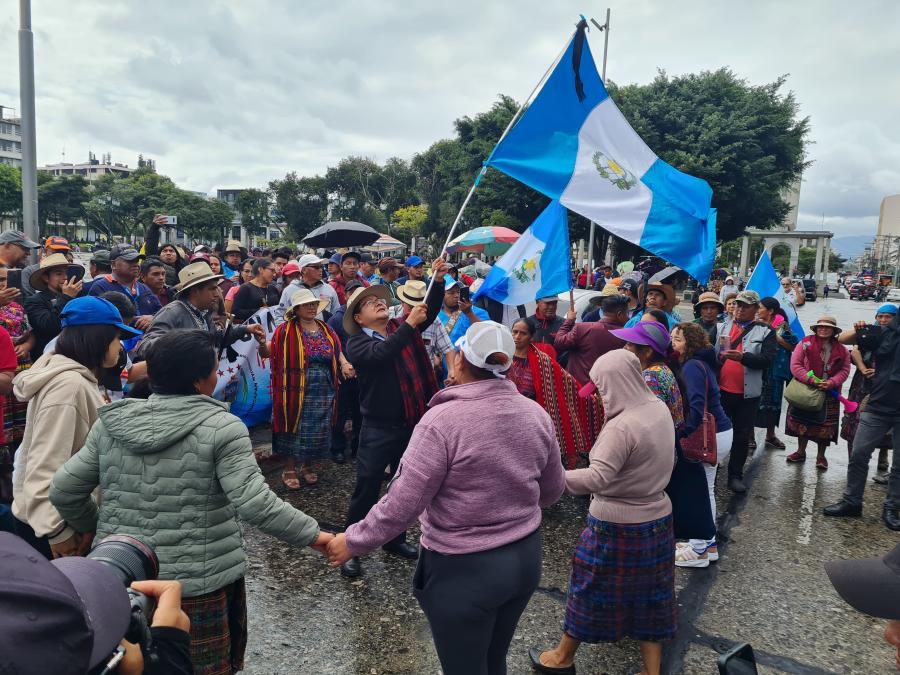
By Rosario Sul González
Community radio stations in Guatemala are a means by which communities are empowering themselves about their rights as Indigenous Peoples and transmitting information, knowledge, and entertainment to local communities.
Rooted in unity, commitment, and solidarity, members of Radio Xyaab'Tzuultaq'a, a Cultural Survival Community Media Grants Project grantee, in Izabal, Guatemala, held a community radio gathering on October 11-12, 2017 to strengthen ties with other stations. "Having a relationship and ongoing exchange between community radio stations is important for us, because we must be united in facing the challenges the goverment of Guatemala poses for us by not wanting to recognize us and legalize our stations," said Robin Macloni, one of the founders of Radio Xyaab'Tzuultaq'a. This was the first time that there was a gathering of community stations in the Q'eqchi area.
The gathering was attended by several community radio stations, local and national organizations, with the aim of sharing and exchanging experiences, wisdom, and discussion of important topics for radio journalism. Several panelists passionately shared their experiences, motivating and encouraging the participants to continue working in community radio.
The legalization of community radio frequencies and the criminalization of community journalists is an important issue for several communities in the northern region of Guatemala. Despite these obstacles, community stations create programming for their local communities with a diversity of voices. This gathering also touched on topics of education through radio and self-sustainability. As it is the first time that community radios of the Q'eqchi Nation convened, it is important to stress the importance of creating these networks rooted in regional collaboration as they share a common history, a common Indigenous language, and a shared culture.
Anselmo Xunic Cabrera, a member of the community radio movement in Guatemala, on the issue of legalization of community radios, stated that, "Community radio stations are broadcasting their programs not just for going against the Guatemalan law, but because they are aware of their rights protected by the Peace Accords, stipulated in clause H. Since 1996, the process of legalization for community radio stations has been in process and to date four legal initiatives have been proposed by various sectors. These advances have provoked the reaction of business owners that have a monopoly on commercial media, which attacks, discredits, persecutes community radio stations. Given the situation, we have requested precautionary measures for community radios, yet, not much has been achieved, but we will continue to fight for the right to freedom of expression."
Another pressing topic discussed was the criminalization of community radio journalists. Walter Coc, director of the Guatemalan Federation of Radio Schools (FGER) stated, "There is criminalization of community radio stations due to the role they are playing, since they are mainly empowering Indigenous communities about their rights and providing accompaniment to local Indigenous organizations in the struggle for the implementation of their rights.”
The active participation of women at community radio stations was also highlihted. “It is difficult to participate as women in radio, but we make the effort because we have the right and we have much to contribute to the community," said Ericka Oxom, community radio member at Radio Nimlajacoc, in Cobán, Alta Verapaz.
Robin Macloni, in his final statements of gratitude, mentioned that community radio stations face many challenges and recognized the support of international organizations that have trusted and supported the work of the stations. “We thank Cultural Survival who has helped us in this process. Our dream for a radio station came true. The radio executive team organized and created a management structure so that the station could exist. Now the station belongs to the entire Radio Xyaab'Tzuultaq'a community. Our voices are on air. "



